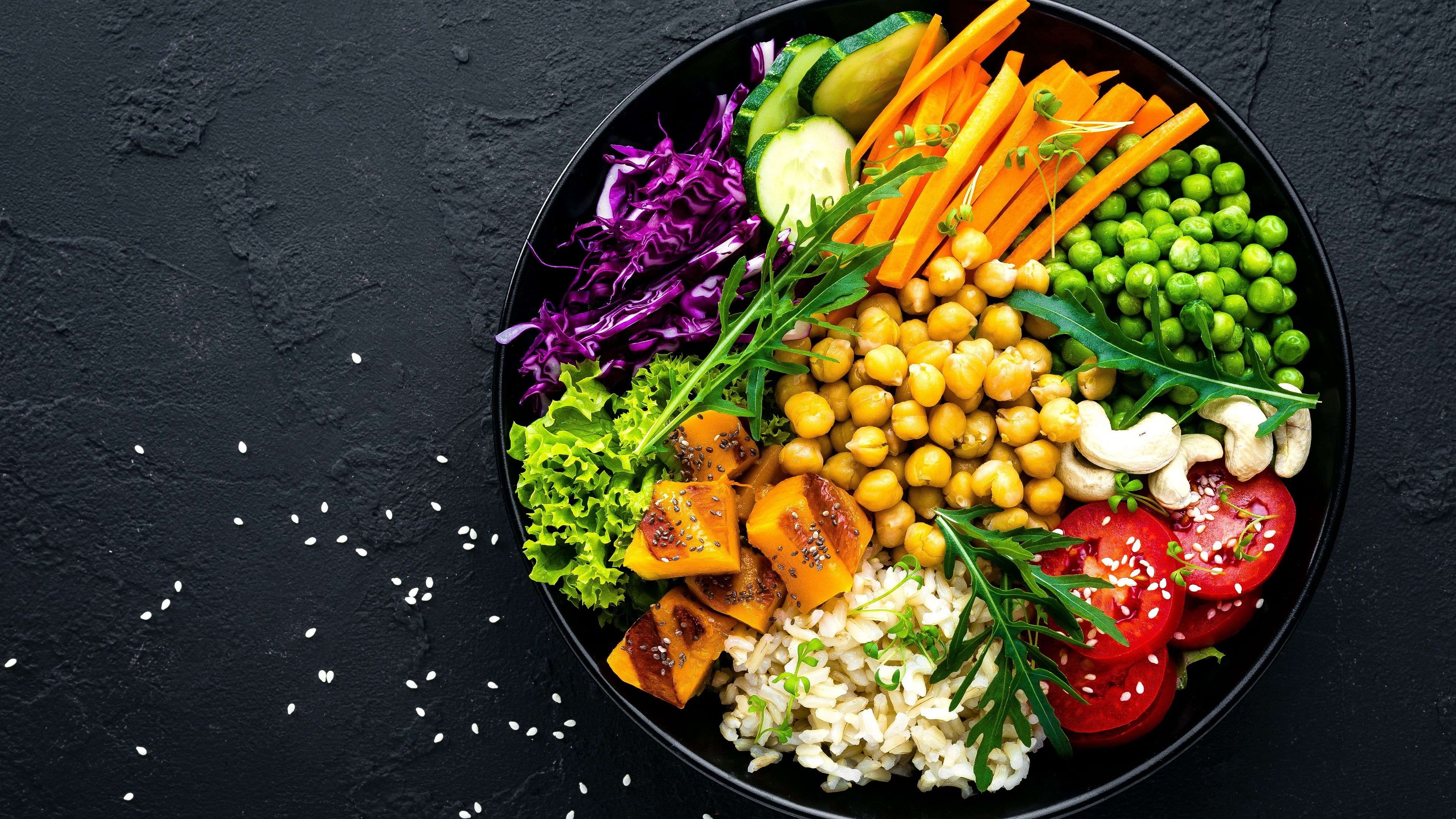
Image for representation.
Credit: iStock Photo
A weakened immune system often makes it difficult for the body to fight off bacteria, viruses, and infections. Patients with cancer treatment are thus put on a neutropenic diet as it works best for their compromised immune system. Neutropenia is a condition where the body produces too few neutrophils, a type of blood cell that helps protect against infection. This condition is common in cancer patients, especially those undergoing chemotherapy.
A neutropenic diet helps protect patients from harmful bacteria and other infectious organisms that may be present in food and beverages. When the immune system is weak, the body’s ability to defend itself against these pathogens becomes limited, making food safety even more important.
Cooking food thoroughly ensures that any potentially harmful bacteria or viruses are destroyed, reducing the risk of infection.
For breast cancer patients undergoing treatment, particularly chemotherapy or radiation, a neutropenic diet offers several crucial benefits that help manage a weakened immune system.
Reduces risk of infection: One of the primary benefits of a neutropenic diet is its ability to minimise exposure to foodborne pathogens, which could lead to infections. Since patients with neutropenia have low neutrophil levels (the white blood cells responsible for fighting infections), avoiding raw or undercooked food is vital to reducing the risk of foodborne illness.
Improves healing & recovery: The neutropenic diet focuses on nutrient-dense, easily digestible foods that support overall health and immune function. By consuming protein-rich foods (like lean meats, fish, eggs, and dairy) and antioxidant-rich fruits and vegetables (cooked to eliminate bacteria), cancer patients can aid their body’s healing processes and recovery from the side effects of chemotherapy.
Minimises gastrointestinal issues: Many cancer treatments cause nausea, vomiting, and changes in appetite. The neutropenic diet emphasises small, frequent meals that are easy on the stomach, which can help alleviate these side effects while ensuring that patients continue to receive essential nutrients.
Enhances energy levels: Chemotherapy can often result in fatigue and weight loss. A neutropenic diet helps breast cancer patients maintain their energy levels through balanced meals that include whole grains, healthy fats, and lean proteins, which are essential for sustaining strength during treatment.
Supports bone health: Cancer treatments can impact bone density, especially when they involve chemotherapy or hormone therapy. A neutropenic diet that includes dairy products, leafy greens, and fortified foods helps provide calcium and vitamin D, which are crucial for maintaining strong bones.
Boosts immune support: Certain components of the neutropenic diet, such as probiotics (found in yoghurt) and antioxidants (found in fruits like berries and vegetables like spinach), play a role in supporting the immune system and helping the body recover from the damaging effects of cancer treatments.
Breast cancer can develop due to a combination of genetic, environmental, and lifestyle factors, including:
• Family history and gene mutations (e.g., BRCA1 and BRCA2).
• Late childbearing or early menstruation/late menopause.
• Obesity or increased breast density.
• Prolonged use of oral contraceptives or hormone replacement therapy (HRT).
• Lifestyle factors such as alcohol intake or tobacco use. If you have breast cancer, you are more likely to receive chemotherapy, hormonal therapy, or a combination of treatments, depending on the cancer’s type and stage. These treatments can have a significant impact on nutrition by causing side effects like:
• Loss of appetite
• Nausea & vomiting
• Food aversions
• Dietary plan
A well-balanced diet can help manage the side effects of cancer treatment and support your immune system:
(The author is the chief dietician at a leading chain of hospitals in Bengaluru.)